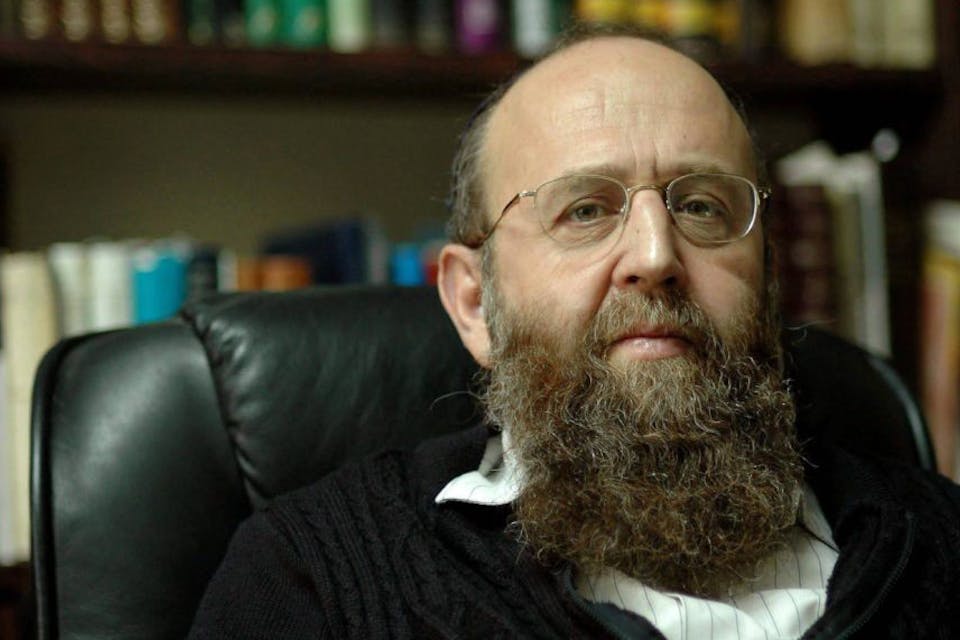
November 15, 2017
The Orthodox Rabbi Who Set Out to Turn Postmodernism to Jewish Gain
Many view postmodern skepticism as profoundly threatening to religious belief. Rav Shagar saw it as liberating and enriching. Was he right?
Many Israeli Jews consider the late Rabbi Shimon Gershon Rosenberg, known by the acronym (Rav) Shagar, to be the most important Jewish religious thinker of the past 40 years. Most non-Israeli Jews, even the well-versed among them, have never heard of him. Thanks to the recent release of Faith Shattered and Restored, the first extensive collection of Rav Shagar’s writings in English, there is now an opportunity not only to become acquainted with this major thinker but also to understand better the rapidly changing culture from which he emerged and upon which he has had a marked influence.
Born in 1949 to Holocaust survivors in Israel, Shagar was raised within the country’s Religious Zionist community—roughly the equivalent of the Modern Orthodox community in the U.S. During the Yom Kippur War, he was pulled, badly burned, from a blazing tank on the Golan Heights and nearly died of his wounds. Afterward, he taught for many years in leading Religious Zionist yeshivas, eventually taking a senior position at Beit Morasha, an innovative study center that combines traditional yeshiva study with academic research and philosophical inquiry. In 1997, pursuing an even less traditional path, he founded his own yeshiva, which he co-headed until his death in 2007.
In Israel, Rav Shagar’s writings have been influential far beyond the Religious Zionist world. Haaretz, the citadel of Israel secularism, has respectfully reviewed his work, though typically with a disclaimer to the effect that the enlightened reader will find little use for Shagar’s Orthodoxy. At the other extreme, one hears anecdotal reports that his books are widely read by Ḥaredim desperate for a more authentic, emotionally fulfilling religious faith that is not strangled by ideological rigidity.